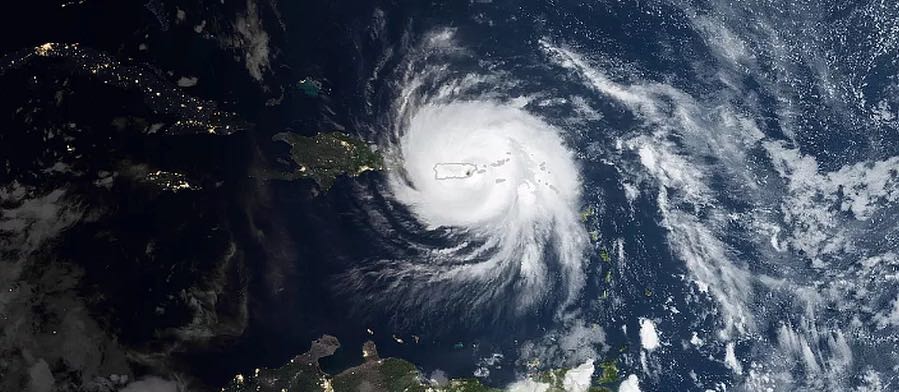(Source: US News)
SAN JUAN, Puerto Rico (Reuters) – News anchorman Luis Penchi has slept about three hours a night since Hurricane Maria turned his radio station into one of the few sources of public information on this battered island.
Working more than 25 hours straight during the height of the devastating storm, the lay Franciscan friar and grandfather has emerged as a light in the darkness for Puerto Rican listeners trapped in a virtual telecommunications blackout.
The powerful storm knocked out electricity, internet, television and cell service for the U.S. territory’s 3.4 million people. When other radio stations went dark, WAPA 680 kept plugging, delivering a 24-hour stream of news, advice, messages and pleas for assistance from listeners desperate to connect with loved ones.
Barefoot and wearing shorts and a wooden crucifix at the San Juan station on Wednesday, the bright-eyed Penchi credited retro technology for helping WAPA power through the maelstrom, along with some divine intervention.
“I believe it was an act of God. This is the chosen station,” the 62-year-old said with laugh.
In the days and hours since the storm broke, the Spanish-language station has become a cornerstone of news, sending out bulletins across the devastated U.S. territory about relief efforts, road conditions and missing people. In the words of one of its owners, Carmen Blanco, WAPA turned into the unofficial “voice of the government” about the hurricane.
[…]Inside are echoes of an earlier age that for now is the norm in Puerto Rico. With power limited to the station’s generator, there is no air conditioning. Electronic frills have been reduced to the minimum. At the reception area, a woman wrote messages for broadcast on a typewriter.
Anchor Penchi credits such old-school resourcefulness for the station’s durability. He said WAPA stayed on the air because it had maintained its old analogue broadcasting capacity alongside its digital equipment.
Payam Heydari, an expert in radio technology at the University of California, Irvine, said basic analogue equipment tends to provide robust transmission over long distances. In comparison, he said, digital technology is highly dependent on electricity to power the relays needed to carry a signal.
“Therefore as soon as power goes down, so do the relays” on a digital signal, Heydari said.[…]
Continue reading this full article at US News and World Report…

